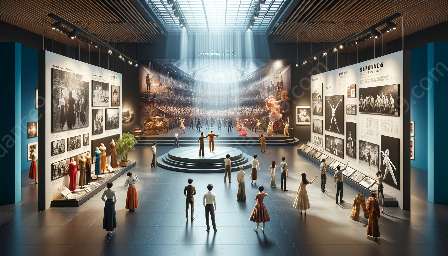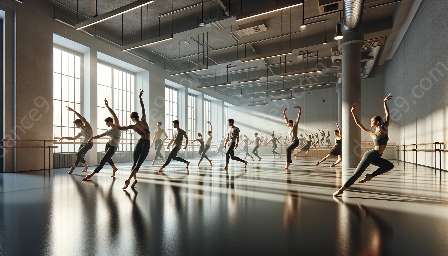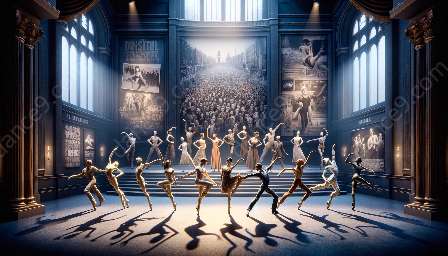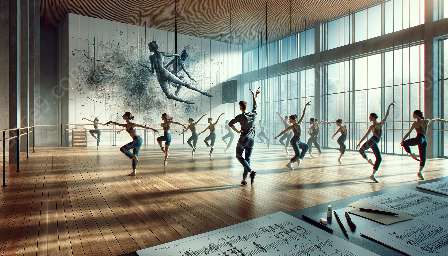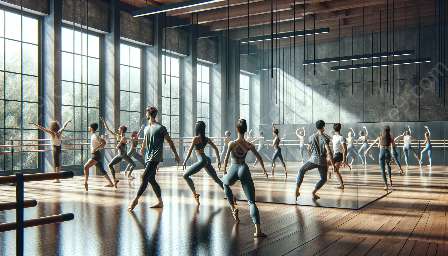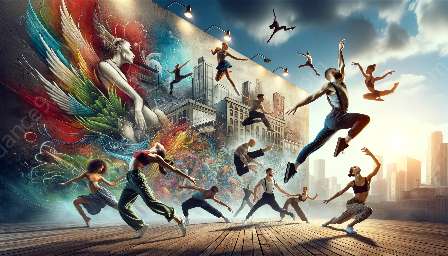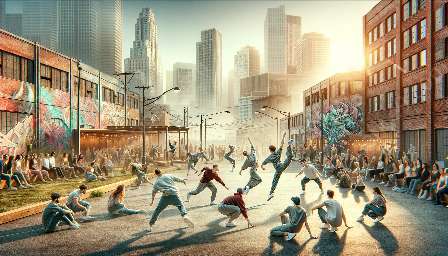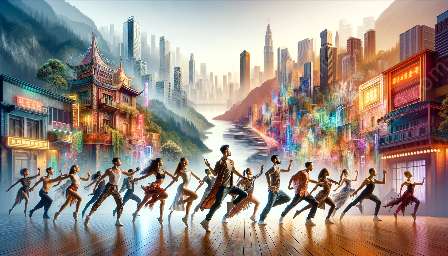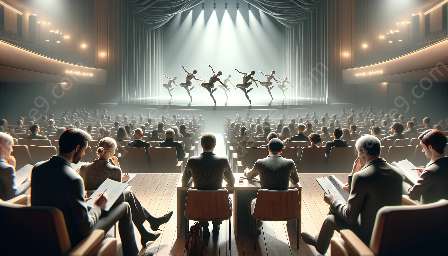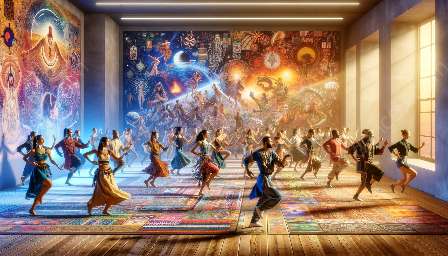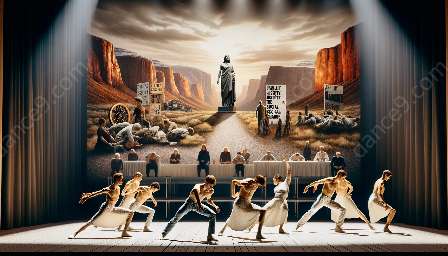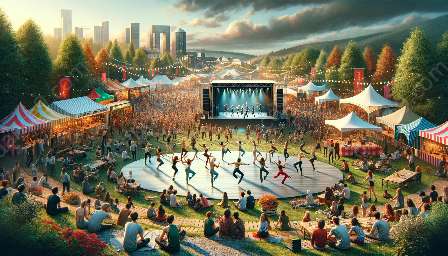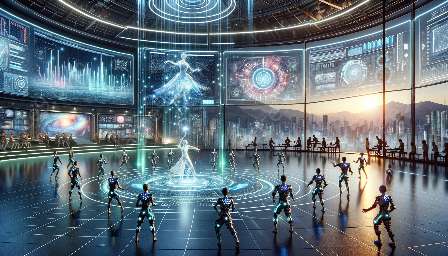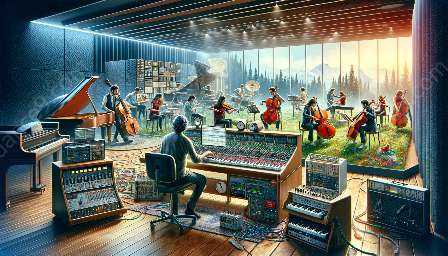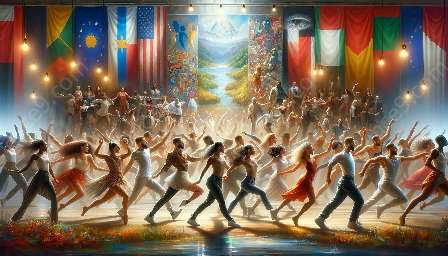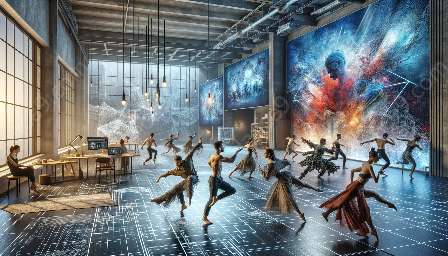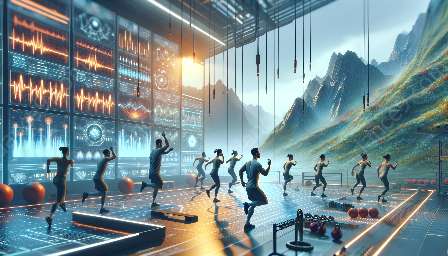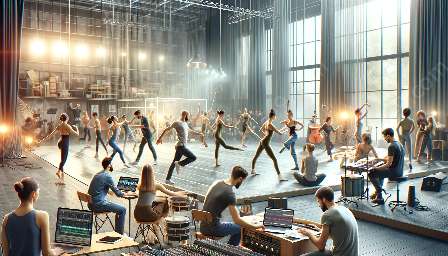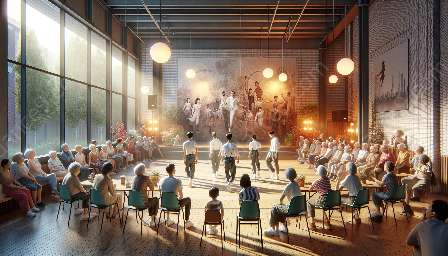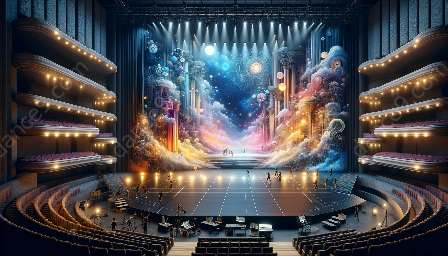Contemporary dance festivals serve as vital platforms for artistic expression, offering a lens through which to explore and engage with socio-political issues. This article delves into the ways in which contemporary dance festivals contribute to socio-political discourse through movement and expression.
1. Understanding Contemporary Dance
Before delving into the role of contemporary dance festivals in socio-political discourse, it is essential to understand the nature of contemporary dance. Unlike traditional forms of dance, contemporary dance encompasses a diverse range of techniques and styles, often prioritizing freedom of movement, individual expression, and the exploration of social and political themes.
2. Intersection of Contemporary Dance and Socio-Political Discourse
Contemporary dance offers a unique avenue for artists to engage with socio-political issues, transcending linguistic barriers and directly communicating through movement and expressions. This form of artistic expression enables audiences to connect with complex societal and political topics on a visceral level.
2.1. Representation and Visibility
Contemporary dance festivals provide a stage for underrepresented voices and marginalized communities to share their stories and experiences. Through choreography and performance, these festivals amplify narratives that are often excluded from mainstream socio-political discourse, contributing to broader conversations about diversity, identity, and equality.
2.2. Challenging Norms and Power Structures
Movement in contemporary dance often challenges conventional norms and power structures. By interrogating societal constructs and embodying resistance, contemporary dance fosters critical dialogue about the existing socio-political landscape, offering new perspectives and driving social change.
3. Evolution of Socio-Political Discourse in Contemporary Dance Festivals
In recent years, contemporary dance festivals have increasingly emphasized the integration of socio-political themes into their programming. Artists and choreographers are utilizing their platforms to address pressing social justice issues, such as human rights, immigration, climate change, and systemic inequalities.
3.1. Collaborative Exchange and Dialogue
Through international collaborations and interdisciplinary approaches, contemporary dance festivals facilitate cross-cultural exchange and dialogue on socio-political challenges. This collaborative spirit not only deepens the artistic quality of the festivals but also broadens the impact of socio-political discourse on a global scale.
4. Impact and Reflection
The impact of contemporary dance festivals on socio-political discourse extends beyond the stage, infiltrating public consciousness and influencing public opinion. As audience members engage with thought-provoking performances, their perspectives are expanded, inspiring them to become active participants in shaping positive socio-political changes.
4.1. Advocacy and Activism
Contemporary dance festivals often serve as platforms for advocacy and activism, providing opportunities for artists to catalyze social movements and provoke meaningful discussions. This advocacy work, rooted in movement and expression, can ignite real-world change by mobilizing communities and challenging the status quo.
5. Conclusion
Contemporary dance festivals play a pivotal role in elevating socio-political discourse through the art of movement and expression. By amplifying diverse voices, challenging norms, and fostering collaborative dialogue, these festivals contribute to a more inclusive and empathetic society, ultimately reshaping socio-political conversations and paving the way for positive change.

